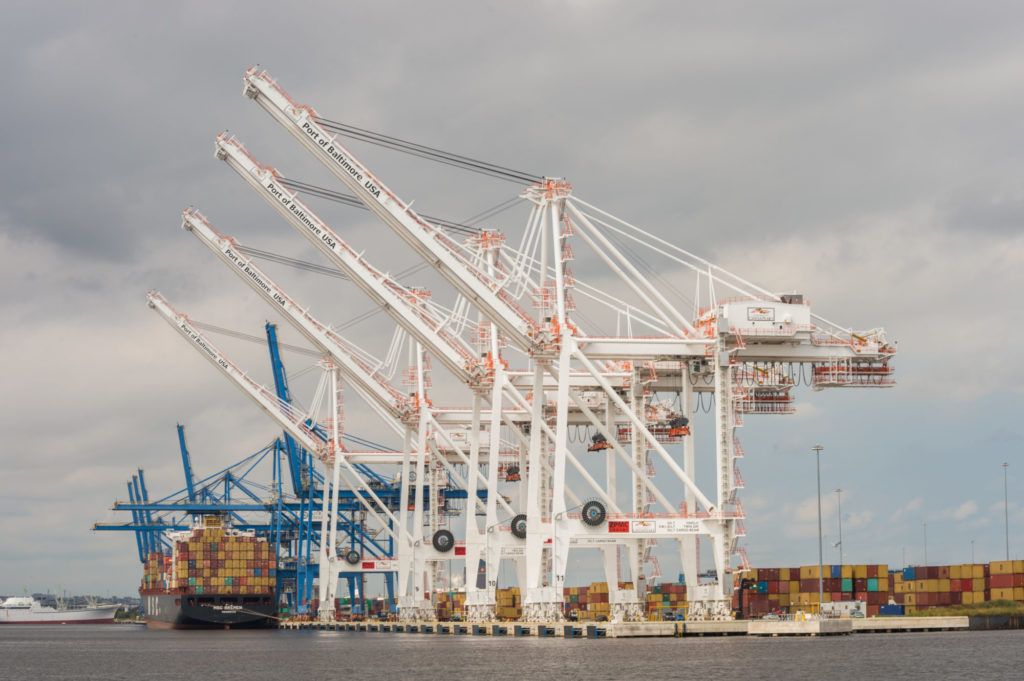WASHINGTON (AN) — The International Monetary Fund said that tariffs imposed or threatened by the United States and China could reduce global economic output by 0.8% in 2020, and lead to more losses for years after that.
IMF spokesman Gerry Rice told a regular press briefing on Thursday that rising geopolitical and trade tensions are weighing on the global economy.









